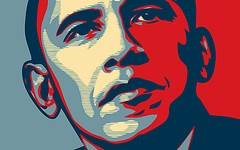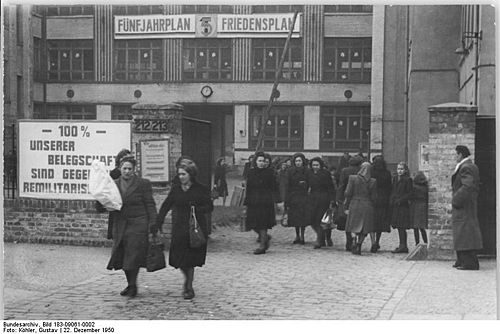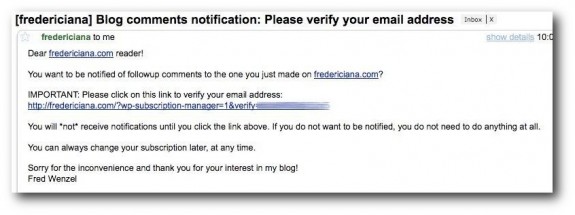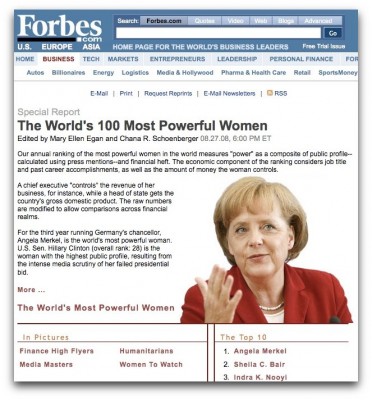World leaders have hailed the election of Senator Barack Obama as the first black president of the United States.
 ... writes BBC News and expresses what I am sure at the very least most of Europe thinks: That Obama's election for president is not only good for the United States, but good for the world.
... writes BBC News and expresses what I am sure at the very least most of Europe thinks: That Obama's election for president is not only good for the United States, but good for the world.
German politicians are also thrilled about the outcome of the US elections and both the Chancellor and the Minister of the Exterior are "looking forward" to working with Obama and his government. The German president reassured Obama in a letter that the US "can count on Germany as a dependable partner and long-time friend".
Still, the international expectations are high. Some of them are justified, others not. For example, the Europeans need to realize that Obama was not elected in order to solve the world's problems in a way that conforms with the ideals of the European Union. I expect him to pursue first and foremost the success of his own country, as is his legitimate job, of course. And while he is greatly popular in my country (some people call him the "next Kennedy", as a reference to the major popularity of JFK in Germany: Remember "ich bin ein Berliner"?), he'll not use his power to make the Germans' life easier. The financial crisis, for instance, may have been "brewed" in the USA originally, but Germany will have to carry its share of it like everybody else, and not even a president Obama will change that.
So I sure hope that the German disappointment is not too big once they land back on the hard asphalt called "reality". One of the first times this is bound to happen may be when Ms Merkel's phone rings and Obama asks her to send more German soldiers to Afghanistan. But, as Michael Zürn (a professor for international relations in Germany) says in an interview with tagesschau.de, maybe this is even helpful for the German discussions on what role we even want to play internationally, and what we are willing to invest.
This, however, leads to another problem: In September 2009, Germany is due to vote for a new parliament (and, consequently, a Chancellor). With so much focus on and excitement about the U.S. elections, it almost seemed like the Germans forgot their own reality: That we need change in our own country as well. That our government is busy selling out our constitutional rights instead of establishing trust. And that as of now, there's no "German Obama" in sight who is likely to glue the constitution together again.

("Obama campaign poster" picture CC by-nc-sa licensed by Anthony Baker on flickr; "Day one" comic by Mike Luckovich on comics.com)
Read more…

 As temperatures in Pittsburgh approach -20 degrees Celsius (or minus 4 degrees Fahrenheit), here are some curious news from warmer parts of the planet:
As temperatures in Pittsburgh approach -20 degrees Celsius (or minus 4 degrees Fahrenheit), here are some curious news from warmer parts of the planet:



 ...
... 


 I wonder why? Is the social climate here particularly hostile against Jewish citizens? That was not my impression, so far. But possibly, it's similar to the presence of policemen that I saw in front of the
I wonder why? Is the social climate here particularly hostile against Jewish citizens? That was not my impression, so far. But possibly, it's similar to the presence of policemen that I saw in front of the 